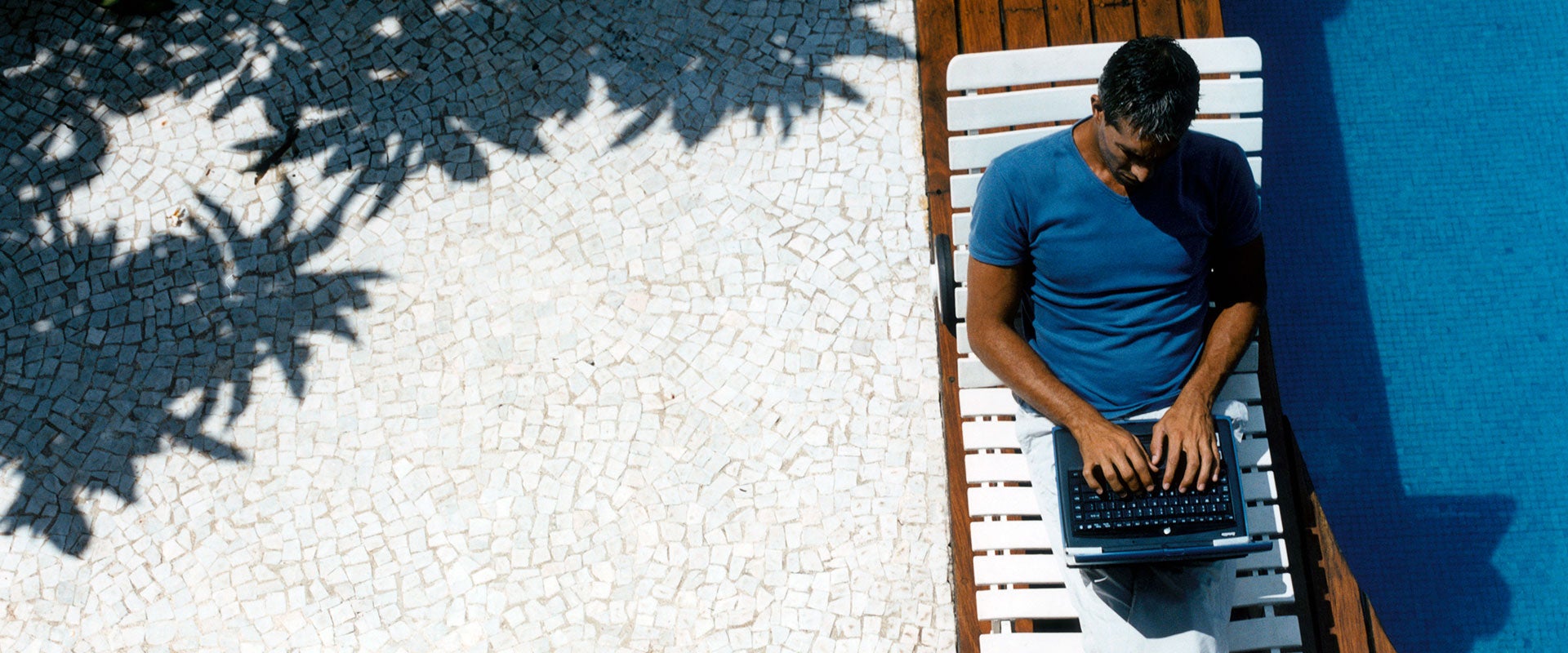
The post-COVID travel landscape has changed dramatically with expectations of a permanent shift toward hybrid work arrangements and declining business travel. This has enabled an emerging trend of blending business and leisure travel, creating a new segment of “bleisure” travelers. Bleisure is expected to continue growing, with consumers indicating a roughly 30% increase in blended travel lengths going forward. Hotel companies must therefore develop or reconfigure offerings that better cater to the growing demand for flexible work environments and create more opportunities for seamless integration of work and leisure.
L.E.K. Consulting’s research and analysis has identified four key strategic initiatives that will help capitalize on the potential of this bleisure travel trend:
-
Customer acquisition and engagement strategy: The rise of bleisure travel creates a need for hospitality companies to better understand new consumer preferences and expectations. Based on our recent surveys, bleisure travelers are 30% more likely to be millennial, be single and live in an urban setting compared to the average traveler. Capturing this segment requires a better understanding of their specific needs and preferences, which can be used to craft targeted marketing campaigns and effectively engage them with a compelling value proposition.
-
Pricing and promotion strategy: A revised approach to pricing strategy is required to tailor product packages that appeal to this new segment. Likewise, hotels should adjust their promotional strategies, emphasizing specific brand features that appeal to both business and leisure needs. Taking a holistic view of the customer and catering a relevant product portfolio can also help improve customer acquisition and retention.
-
Linked corporate and loyalty strategy: Hotel rewards programs have traditionally catered to business travel patterns, specifically road warrior, but may need to be reevaluated to better accommodate and target these new blended behaviors. Overall, 68% of bleisure travelers are interested in company-sponsored remote workspaces; combining these with points accrual and elite qualification systems could provide a powerful accelerant to attracting this new segment.
-
Product evolution: Bleisure has created a need to evolve product offerings such as agile workspaces and rooms designed to support hybrid work. Approximately 72% of bleisure travelers seek hotel options with dedicated workstations with high standards of connectivity that can support video conferencing and ensure uninterrupted work-related activities. This creates an opportunity for hotels to reassess their physical spaces and digital capabilities to accommodate the dynamic and diverse needs of bleisure professionals.
As a large portion of hybrid work arrangements is expected to sustain going forward, hotel companies are presented with an opportunity to evolve aspects of their models and capture a new guest segment. Winners will be hotels that create new, or more tailored, product offerings and provide the services that put the bleisure traveler’s needs at the center.
To learn more about L.E.K.’s Travel and Leisure insights into the bleisure trend and how we can help hotel companies win with the bleisure opportunity, click here.
08042023100838




